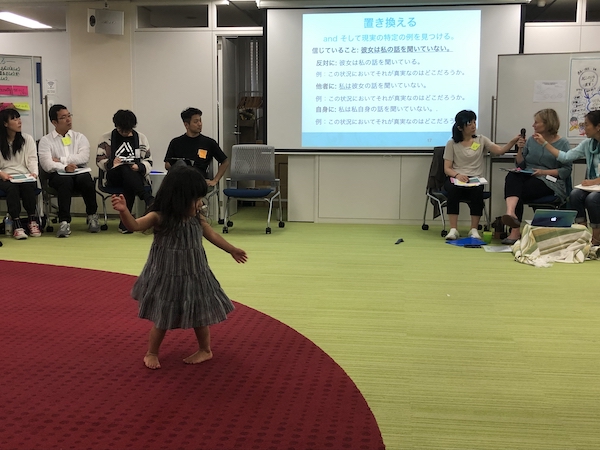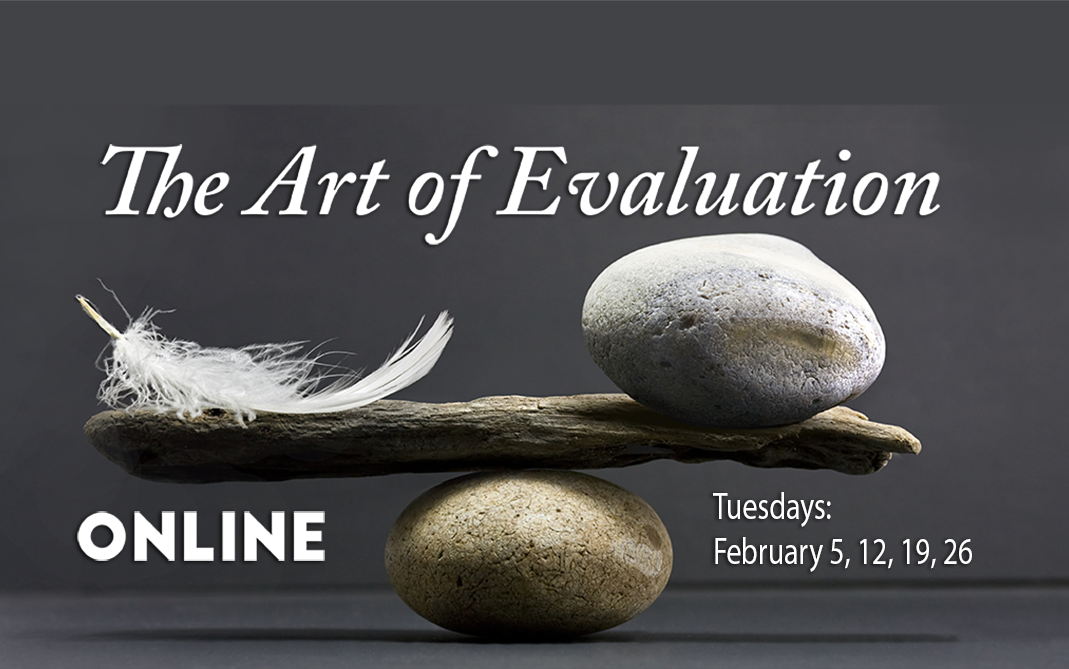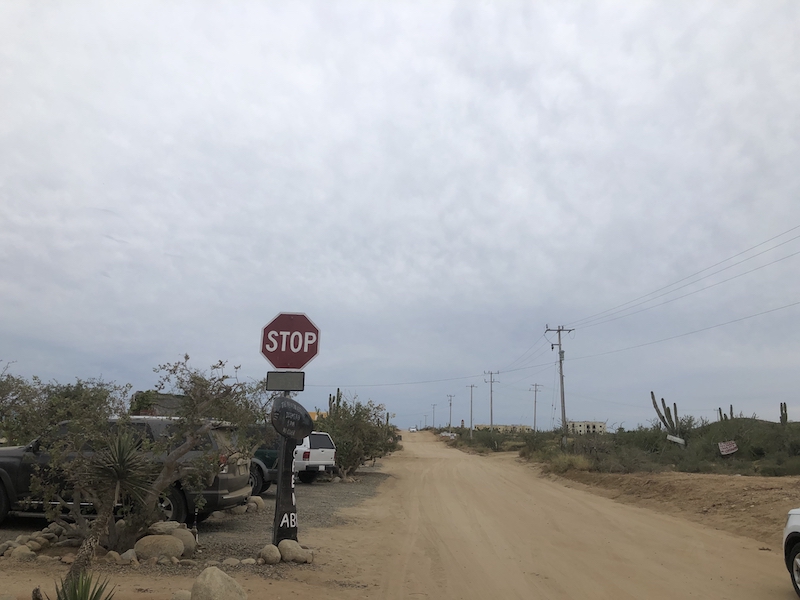
I’m in trouble. In the best way. So get ready for a long and rambling post about geeky dialogic philosophy and complexity practice. I’m a little bit known in some communities as a person that is writing and working with the notion of “container” in dialogic organization development. The word and concept itself comes from a lineage of thinking about the spaces inside which dialogue takes place, and there is certainly lots written about that. I think I first learned the term from the work of William Isaacs whose classic work, “Dialogue,” is a seminal reference in this field. He …

Part six of a seven part series on the Seven little helpers for dialogue and action Part 1: Presence Part 2: Have a good question Part 3: Use a talking piece Part 4: Harvest Part 5: Make a wise decision 6. Act The sixth of our seven little helpers is simple: Act. If you have taken the time to plan, talk, and harvest, you owe it to yourself and your group to honourably act on what you’ve learned. Now it’s easy to get consumed by the cult of action, and to assume that every encounter needs to have a week …

My last blog post here was back in March, at the beginning of a colossal few months of travel and work during which I was away from home and working in the Netherlands, Germany, northern Ontario, New York City, Vancouver Island, and several locations in Japan. In the course of my travels I was away from home for 64 days, had two major airline cancellations (one airline went bankrupt, one couldn’t get me home without massively creative re-routing). I probably doubled the number of foods I’ve tasted in my life, just from the 28 day trip to Japan alone, and …

For a number of years I have been studying and learning about evaluation. To be honest, working primarily in the non-profit world and working for social good and social change, evaluation always seemed to me to be the bugaboo that ruined the party. While we’re out there trying to create new things, innovate and respond to novel challenges, build relationships and community, and experiment and fail, evaluation loomed over us like a dark spectre, scolding us for being flakey or demanding that we be more grown up and more responsible. More than that, I had many experiences of evaluation being …

Five links that caught my eye over the holiday. New Power: How it’s Changing the 21st Century and Why you need to Know A book review from Duncan Green, whose work on power, evaluation, and complexity in international development, I much admire. Seems this new book invites a shift in thinking about power from quantity to flows: Old Power works like a currency. It is held by a few. It is closed, inaccessible and leader-driven. It downloads and it captures. New Power operates differently, like a current. It is made by many. It uploads, and it distributes. The goal with …

